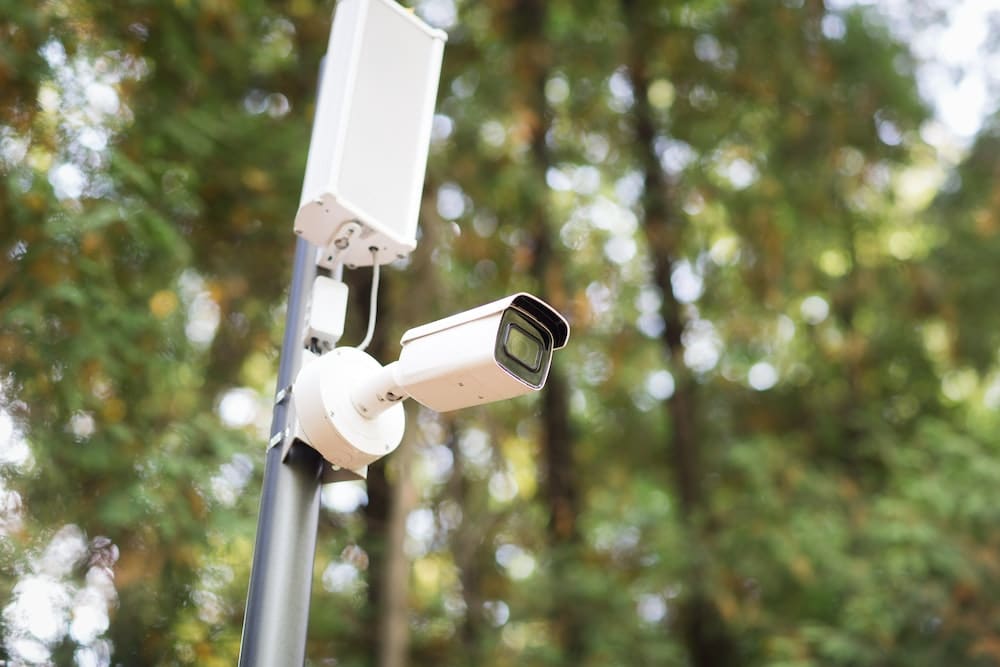In an era of burgeoning technology, personal health monitoring devices are becoming increasingly common. These innovative tools can track everything from our heart rate to our sleep patterns, providing valuable insights into our well-being. Now, the latest frontier in personal health monitoring is the most private room in the house: the bathroom. More specifically, it is the smart toilet, a device that can analyze our waste for signs of disease or imbalance. In this article, we will explore the prospects for personal health monitoring via smart toilets.
The Concept of Smart Toilets
Before we delve into the potential of smart toilets, it is necessary to understand what a smart toilet is and how it works. At its core, a smart toilet is a high-tech version of a traditional toilet that is equipped with advanced technology. This technology can analyze human waste, providing insights into the user’s health.
In parallel : The advantages of electronic birth certificates in Portugal
The idea of analyzing waste is not a new one. Medical professionals have long used stool and urine samples to diagnose and monitor various health conditions. What is revolutionary about smart toilets is that they allow for this analysis to be conducted on a regular basis, without any effort from the user. In other words, every time you use a smart toilet, you could potentially be conducting a mini health check-up.
Smart toilets can be equipped with a range of technology including sensors, cameras, and even artificial intelligence. These technologies can be used to analyze the color, consistency, and contents of your waste, looking for signs of various diseases. In addition to this, some smart toilets can also measure biometric data such as heart rate and blood pressure.
Also to see : How Can Geospatial Data Improve UK’s Emergency Response Services?
The Potential Health Benefits
The primary function of a smart toilet is to monitor the user’s health. This can have a number of potential benefits. For starters, regular analysis of waste can help to detect diseases at an early stage. This is particularly valuable for conditions such as colorectal cancer, which often do not present symptoms until they are quite advanced.
In addition to disease detection, smart toilets could also be used to monitor the effectiveness of treatments. For instance, if a person is taking medication for a particular condition, the toilet could potentially track how the body is responding to this medication.
Another potential benefit of smart toilets is the ability to monitor diet and nutrition. For example, the toilet could analyze your waste for signs of malnutrition or vitamin deficiencies. This could provide a helpful tool for people trying to improve their diet or lose weight.
However, it’s essential to remember that while smart toilets offer exciting potential, they are not a substitute for regular medical check-ups. They should be seen as a complement to, not a replacement for, traditional healthcare.
Privacy and Security Concerns
While smart toilets offer a range of potential benefits, they also raise significant privacy and security concerns. After all, the information gathered by a smart toilet is incredibly personal and could be misused if it falls into the wrong hands.
One of the key concerns is the risk of data breaches. If the information collected by a smart toilet was hacked, it could potentially be used for blackmail, identity theft, or even insurance fraud.
To mitigate these risks, manufacturers of smart toilets need to ensure that they have robust security measures in place. This includes encrypting the data and ensuring that it is stored securely. In addition, users need to be fully informed about what data is being collected, how it is being used, and who has access to it.
The Future of Smart Toilets
Despite the concerns, the future of smart toilets looks promising. As technology continues to advance, we can expect to see more sophisticated health monitoring capabilities. For instance, researchers are currently exploring the potential to use smart toilets to monitor mental health by analyzing levels of stress hormones in urine.
In addition, as society becomes increasingly comfortable with the idea of technology playing a major role in healthcare, it is likely that the demand for smart toilets will increase. In fact, a survey by Accenture found that 53% of consumers would be comfortable using a toilet that can recognize and diagnose health issues.
The future of smart toilets also depends on the regulatory environment. Currently, the use of smart toilets is not regulated in the same way as other medical devices. However, as these toilets become more common and their health monitoring capabilities become more advanced, it is likely that they will come under greater scrutiny from regulatory bodies.
In conclusion, smart toilets represent an exciting new frontier in personal health monitoring. While there are certainly challenges to overcome, particularly in terms of privacy and security, the potential health benefits are significant. As technology continues to advance and society grows more comfortable with the idea of tech-enabled healthcare, we can expect to see a rise in the use of smart toilets.
The Implementation Challenges
While the concept and potential benefits of smart toilets are certainly exciting, there are a number of challenges that must be overcome before they become commonplace. One of the primary obstacles is cost. Currently, smart toilets are significantly more expensive than traditional toilets. This high price point may make them inaccessible to a large portion of the population. As with all technology, the cost will likely decrease over time, but it may be several years before smart toilets become a cost-effective option for the average consumer.
Another challenge is the need for user acceptance. While there are certainly those who are excited by the prospect of a toilet that can analyze their health, there are also many who may be uncomfortable with the idea. This discomfort could stem from concerns about privacy, a lack of understanding about how the technology works or simply a resistance to change. Manufacturers of smart toilets will need to invest in education and marketing to help overcome these barriers and encourage widespread acceptance of the technology.
Moreover, there is also the challenge of ensuring compatibility and interoperability with existing health systems. For the data collected by the smart toilet to be truly valuable, it needs to be easily accessible by healthcare professionals. This could involve integrating the smart toilet data with electronic health records or developing partnerships with healthcare providers.
The Conclusion: A Revolutionary Future Awaits
Smart toilets represent a fascinating intersection of technology and healthcare. They have the potential to transform the way we monitor our health, offering regular, effortless check-ups right in the comfort of our own homes. By analyzing waste and other biometric data, these innovative devices could help detect diseases at an early stage, monitor the effectiveness of treatments, and provide valuable insights into our diet and nutrition.
While the potential health benefits are significant, there are also substantial challenges that must be overcome. These include the high cost of the technology, the need for user acceptance, privacy and security concerns, and the requirement for integration with existing health systems. However, with the rapid pace of technological advancement, these obstacles are not insurmountable.
As we look to the future, it’s clear that smart toilets are more than just a novelty. They represent an exciting new frontier in personal health monitoring. Despite the challenges, the prospects for personal health monitoring via smart toilets are promising. As we become increasingly comfortable with technology playing a major role in our health, it is likely that smart toilets will become a regular part of our daily lives. After all, the bathroom is the most private room in the house, and with the advent of smart toilets, it could also become the most informative.











